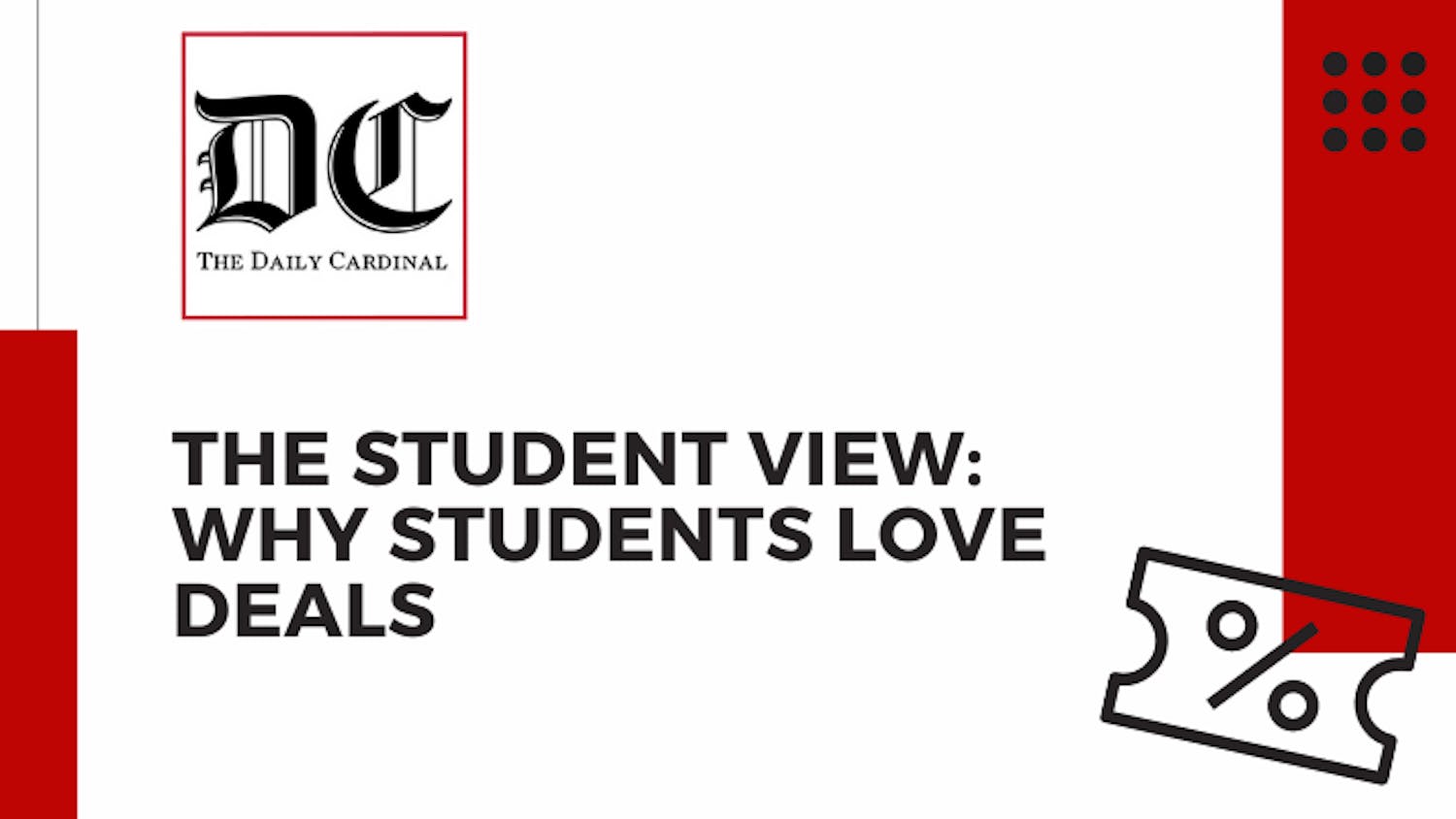With Nov. 3 right around the corner and arguably one of our country’s most important elections, I find myself surrounded by a media presence urging me to go vote. Social media, paired with our current political climate, has led college kids to be extremely engaged and invested with the social, environmental, and economic issues our country’s leadership holds in its hands.
Historically, college kids have often been liberal and passionate protestors for human rights, but social media has created an outlet for activism that is easier than it ever was before. All over Instagram, Facebook, Snapchat, and Twitter, my peers are encouraging their social circles to get out there and be the generation to make the changes our country needs.
In the last presidential election in 2016, only 46.1 percent of eligible 18-29-year-olds voted. But this year, the stakes feel much higher for this age group. Media has amplified our emotions and made us more aware of institutional inefficiencies in our country.
Social media has made it so that people can no longer ignore many of America’s societal issues because they are constantly being posted about. What’s more, is that this activism doesn’t seem to stop with my fellow students. Many businesses are also urging young people, in particular, to get out there and cast their votes.

Several top clothing companies like Madewell and Levi’s have created apparel lines with aesthetic “VOTE” graphics so that customers can flaunt and be proud of their civic engagement. Many brands have also created entire advertising campaigns designed to encourage voter turnout. They’ve been sending emails and posting resources on their social media or websites on how to register to vote and make sure consumers are aware of important deadlines in their respective states.

Snapchat, one of the most popular apps among 18 to 29-year-olds, announced in early October that they had helped register over 1 million young voters. The influx of information and tools from companies is giving consumers no excuses not to vote.
Not only is the encouragement from these companies generating a buzz around voting, but it’s also helping their brand image in the eyes of young people who statistically care about supporting ethical businesses. However, this could raise concerns for their authenticity and motivations. We ask ourselves, do these companies genuinely care about getting eligible voters to the polls, or is this just another marketing tactic?
In 2017, Pepsi was criticized for making light of a Black Lives Matter Protest in an advertisement that showed Kendall Jenner walking up to a police officer at a protest to hand him a Pepsi and save the day. The commercial trivialized the hardships that real protestors fight to change by showing the actors in the commercial looking cheerful and carefree. The video made Pepsi look extremely shallow by insinuating that Kendall Jenner and a soft drink could solve deeply-rooted social injustices.
Another big company that has received criticism is Facebook, which has put out an extensive voting campaign this year. Facebook’s advertisements credit their platform with encouraging people to check their registration and make sure they vote on time while holding their friends and family accountable for doing the same. However, the spread of disinformation on Facebook can be thought of as a fundamental threat to our democracy that played a large role in manipulating the 2016 presidential election.
On the other hand, I do believe that many companies are genuine in advertising about the movements they care about. One example of this would be Patagonia. Not only does Patagonia sell apparel, but they also lobby for environmental policy and make activism a key component of their operations at all times, not just during election season. Patagonia has built an ad campaign this year encouraging its audience to “Vote Climate Deniers Out of Office.”
It can be difficult to tell where a company’s motivations to monetize voting movements comes from. Yet, we ask ourselves, even if they are only trying to generate profits and are doing it for the wrong reasons, maybe it doesn’t matter. As long as their tactics are working, maybe the only thing that really matters is that young people are voting more and that our voices are being heard during this turbulent time.






